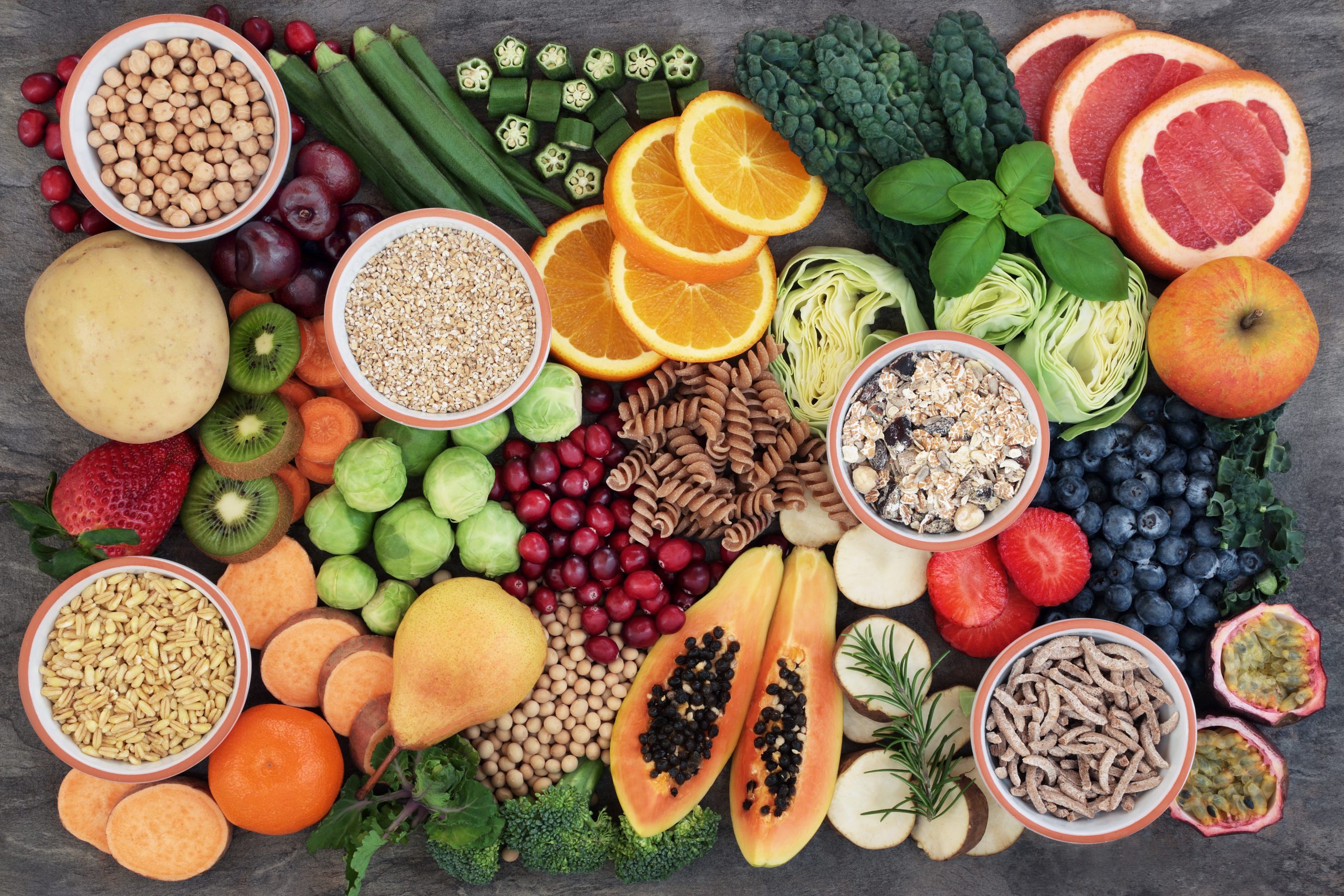Is the excess water that you’re carrying in your body weighing you down both literally and meterthorically? Fluid retention is an issue that you may not be aware of until you’re experiencing the other side effects that come with it. According to a heart failure specialist, “Most people will retain 8 to 15 pounds of excess fluid before they see leg and belly swelling. However, symptoms such as coughing and shortness of breath, loose stools, nausea and feeling full when without eating much may develop at the 5-to-7 pound mark (Harvard Health Publishing, 2019)”.
What is fluid retention?
Fluid retention, also referred to as water retention and oedema, is where the body holds onto excess fluid either generalised throughout the whole body or localised most commonly in areas such as feet, legs and hands.
What are some of the symptoms to look out for?
Aside from feeling heavier some common symptoms to keep an eye out for include rapid weight gain, swelling, aches, stiff joints and pitting (when pressing down on the skin and letting go, the skin holds the indent for a few seconds after) (Better Health Channel, 2022).
How do I know it’s not just excess fat?
When determining whether your weight gain is from an increase in body fat or from holding onto excess water there are a few points of difference. The main point of difference is how long it took to put on the weight; fluid retention causes a rapid weight increase over a few days to a week whereas fat increase is a gradual gain over weeks or months. The areas you have accumulated the weight on is another determining factor; fat increase can appear anywhere on the body whereas fluid retention mostly shows around the stomach, ankles, feet and fingers.
What causes it?
There are many contributing factors to fluid retention from less serious problems such as hot weather, hormonal changes, dehydration, lifestyle factors and high salt intake. There are also more serious problems that can cause this such as medicine reactions in particular nonsteroidal inflammatory drugs, excess antidiuretic hormone, cardiovascular disease, rare nutrient disorders and cirrhosis (Goldenburg, 1990).
What can I do about it?
If you have any concerns about carrying excess fluid, seeing your doctor is an important place to start. If it is dietary, hormonal or lifestyle factors related, seeking help from a nutritionist, dietician, Chinese medicine practitioner or naturopath is a great place to start with an alternative approach to medications.
Let it go…
For release of mild fluid retention some great natural remedies include:
- Eating a diet low in salt, as the sodium present in salt can contribute to the body holding onto excess water.
- Drink plenty of water! On average adults require at least 2L of water per day for adequate hydration. When the body is starved of water, its survival instinct is to hold onto as much fluid available.
- Include more magnesium into your dietary sources as well as supplementation if needed. Studies showed reduced PMS symptoms of bloating and fluid retention when supplemented with magnesium.
- Include more potassium rich foods such as bananas, avocados and tomatoes into your diet. Potassium helps to maintain the body’s fluid balance, promote urine production and counteract sodium related fluid retention.
- Ginseng is a natural anti-inflammatory and antioxidant superfood supplement that has shown to reduce fluid accumulation and improve circulation (Han & Kim, 2020).
- Moving around with regular exercise is a great way to alleviate fluid buildup particularly in the lower extremities.
- Elevating your feet is another way to reduce fluid retention in the lower extremities by promoting circulation of fluid and blood and reducing stagnation.
Go with the flow
Everybody is different and how their body holds fluid and responds to releasing fluids is dependent on the individual. The good news is, all the above natural remedies are just that, natural and therefore pose no extra risk or harm. Whether or not that specific remedy works for you, the only thing you’ve got to lose is.. well nothing, you might just gain a new healthy habit that improves your body’s health and wellbeing in one way or another.
References
Better Health Channel, (2022). Fluid Retention (Oedema), Victoria State Government. Accessed on 08/08/22, <https://www.betterhealth.vic.gov.au/health/conditionsandtreatments/Fluid-retention-oedema>
Goldenberg, K. (1990). Weight Change. Clinical Methods: The History, Physical, and Laboratory Examinations. 3rd edition. Boston: Butterworths; 1990. Chapter 210. Available from: https://www.ncbi.nlm.nih.gov/books/NBK323/
Han, M. J., & Kim, D.-H. (2020). Effects of Red and Fermented Ginseng and Ginsenosides on Allergic Disorders. Biomolecules, 10(4), 634. https://doi.org/10.3390/biom10040634
Harvard Health Publishing,(2019). Fluid retention: what it can mean for your heart. Harvard Medical School. Accessed on 08/08/22, <https://www.health.harvard.edu/heart-health/fluid-retention-what-it-can-mean-for-your-heart>




